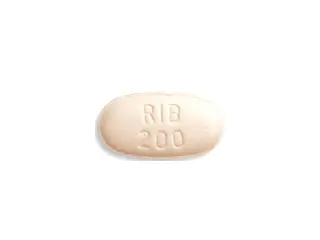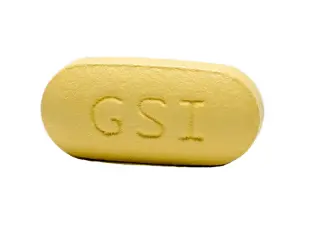Hepatitis C Virus (Hcv)
Explore a wide selection of trusted Hepatitis C Virus (HCV) medications and treatments designed to support effective management and recovery. Find affordable options from leading brands to help you take control of your health with confidence.
Hepatitis C Virus (HCV) is a serious liver infection caused by the hepatitis C virus. It can lead to liver damage and even liver cancer. Effective treatment is crucial to clear the virus and prevent complications. Several medications are popular for treating HCV. These drugs work by stopping the virus from multiplying in the body. Here is a review of some well-known medications used in this category.
Copegus is an oral medication containing ribavirin. It is often used in combination with other antiviral drugs. Copegus works by interfering with the replication of the virus. Treatment with ribavirin usually lasts 12 to 48 weeks depending on the virus genotype and patient response. Side effects may include fatigue, headache, and anemia. It is important to monitor blood counts regularly during treatment.
Daklinza contains daclatasvir, an antiviral that blocks a protein needed by HCV to reproduce. It is effective against multiple genotypes of HCV, especially genotype 3. Daklinza is often prescribed with sofosbuvir or other antiviral drugs. Treatment duration typically ranges from 12 to 24 weeks. Common side effects include headache and fatigue. It has a good safety profile and offers a convenient once-a-day dosing.
Harvoni combines ledipasvir and sofosbuvir into a single pill. This combination targets two viral proteins, preventing virus replication. Harvoni is approved for genotypes 1, 4, 5, and 6. It is generally taken once daily for 8 to 24 weeks, depending on the patient's condition. Harvoni offers a high cure rate and minimal side effects. Patients often experience headache and fatigue during therapy. This treatment does not require the use of ribavirin, reducing the risk of anemia.
Sovaldi contains sofosbuvir, a nucleotide analog that inhibits viral RNA polymerase. This stops the virus from multiplying in liver cells. Sovaldi is used with other medications like ribavirin or daklinza. It is effective against multiple HCV genotypes. Treatment usually lasts 12 weeks or more. Side effects are generally mild, including fatigue and headache. Sovaldi has improved the outlook for many patients with chronic hepatitis C.
Choosing the right medication depends on several factors. These include the genotype of the virus, liver health, presence of cirrhosis, and prior treatment history. Treatment goals focus on achieving sustained virologic response (SVR), which means the virus is undetectable in the blood after treatment ends. Achieving SVR greatly reduces the risk of liver damage and complications.
Most HCV treatments are well-tolerated. However, some patients may experience side effects such as tiredness, headache, nausea, or anemia. Doctors monitor patients closely during therapy to adjust treatment if needed. Regular blood tests check liver function, kidney function, and viral load. It is important to follow dosage instructions carefully. Missing doses can reduce the effectiveness of therapy.
Newer antiviral agents like Harvoni and Daklinza have transformed HCV treatment. They offer shorter treatment durations and higher cure rates compared to older therapies. These medications often eliminate the need for interferon injections, which had significant side effects. Patients now have more convenient and effective options.
In conclusion, medications such as Copegus, Daklinza, Harvoni, and Sovaldi play key roles in fighting hepatitis C. They target the virus at different stages of its life cycle. When used properly, these drugs can clear the infection and improve liver health. Patients should consult healthcare professionals to determine the best treatment plan. Early diagnosis and treatment improve chances of a full recovery.



